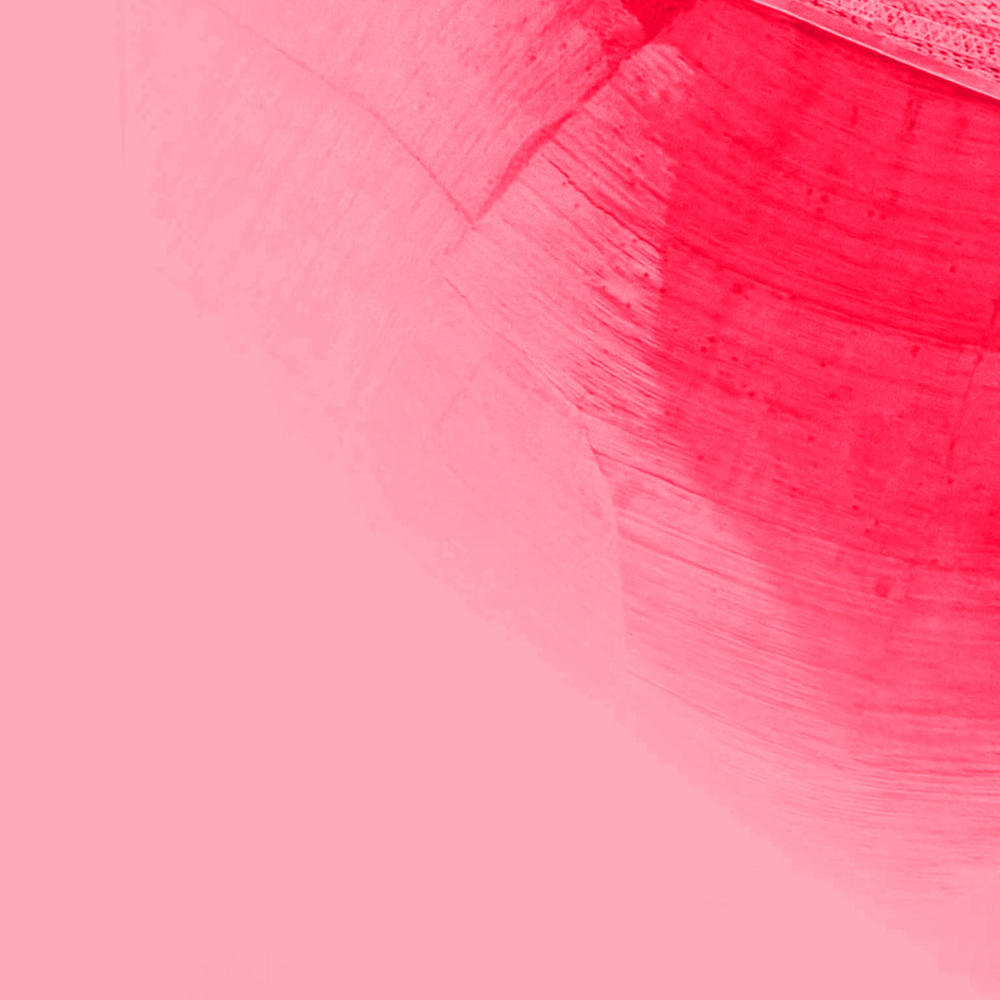Book: Human partnership with the earth in crisis
In the book 'The Spiritual Signature of our Time in the Era of the Coronavirus' the members of the Goetheanum Leadership work out how the way of looking at things shapes the way we deal with the tasks at hand and that in the process deeper contexts have to be taken into account.
As the culmination of the current crises, the Covid pandemic calls us to question our relationship with the earth.
How one deals with the pandemic depends on one's location and experience - but all people are affected regardless. Georg Soldner, co-leader of the Medical Section, thinks that Covid-19 also attacks " the middle of society" and that it threatens to "divide us in dialogue,": "Covid-19 questions the way we live together." Soldner perceives the current situation as a "crisis of partnership with the earth, with all that is alive". But there is no need to resign oneself to that. Gerald Häfner, head of the Section for Social Sciences at the Goetheanum states, "We can, if we want to, change everything. It is in our hands." We often still behaved "as if someone else were responsible and not ourselves".
The example of Sars-CoV-2 shows what happens when the habitat of wild animals is destroyed or close confinement leads to permanent stress. And not just today: in agriculture, new epidemics have been occurring regularly for decades, triggered by viruses, bacteria or fungi. Decontextualization also can have a harmful effect: when scientific statements limited to certain areas are transferred to others or generalised, because "a scientific result with its certainty of knowledge" is "only valid in the setting in which it has beenobtained," says Matthias Rang, co-leader of the Natural Science Section at the Goetheanum. In addition, according to Christiane Haid, head of Humanities and of Visual Arts, , different cognitive approaches are necessary, depending on "whether I investigate how a falling stone behaves, look at the growth of a plant or contemplatea work of art".
Education has a special role to play here. According to Constanza Kaliks, head of the Youth Section and member of the Executive Council at the Goetheanum, learning is based on independence and experience, with respect for the "uniqueness of each person.". Stefan Hasler, head of the Section for the Performing Arts, refers to the following triad: " tranquillity in the body; presence in the soul; transparency and honesty in the spirit."
Book Ueli Hurter, Justus Wittich (editors): The Spiritual Signature of our Time in the Era of the Coronavirus, Rudolf Steiner Press, 2021, 210 pp, £ 14.99. Translation: Christine Howard
(Translation of Coronazeit. Zur geistigen Signatur der Gegenwart, Verlag am Goetheanum, 2021.)
Cover picture: Book jacket (detail)

